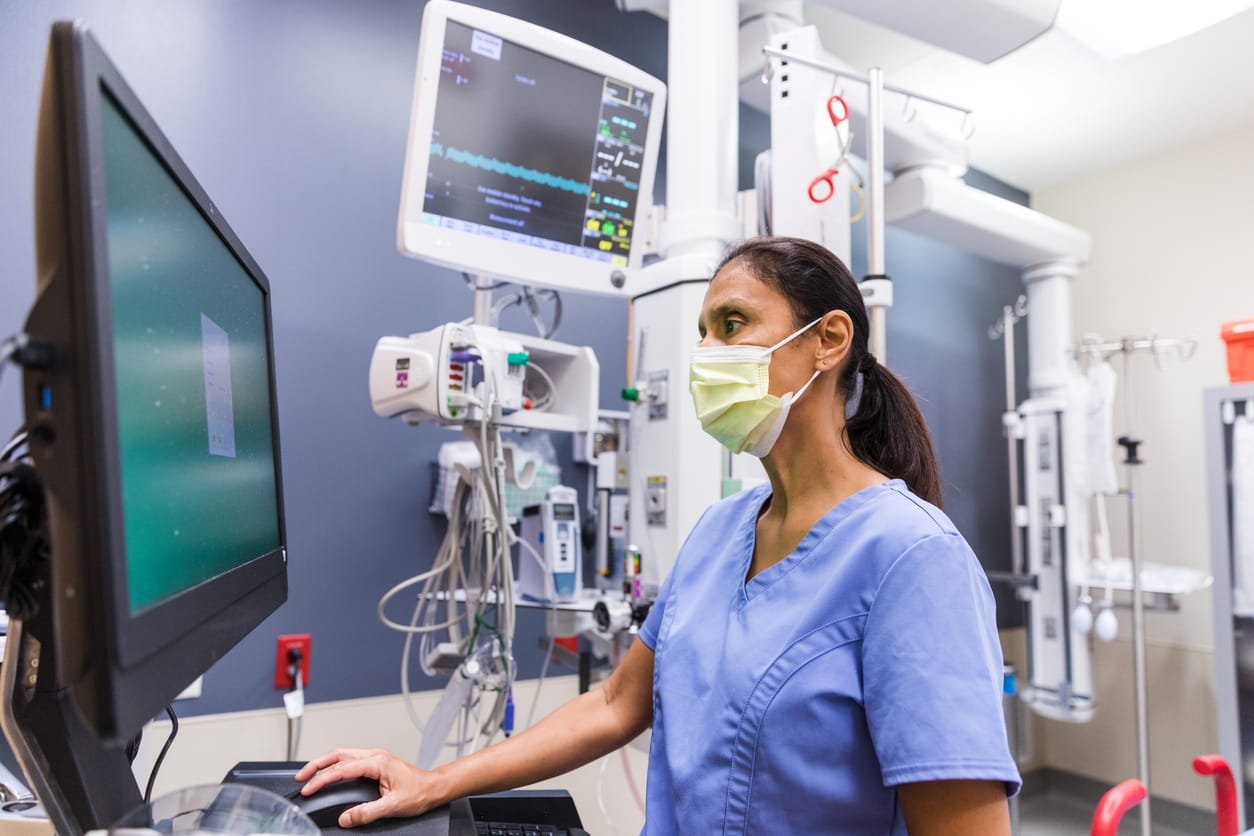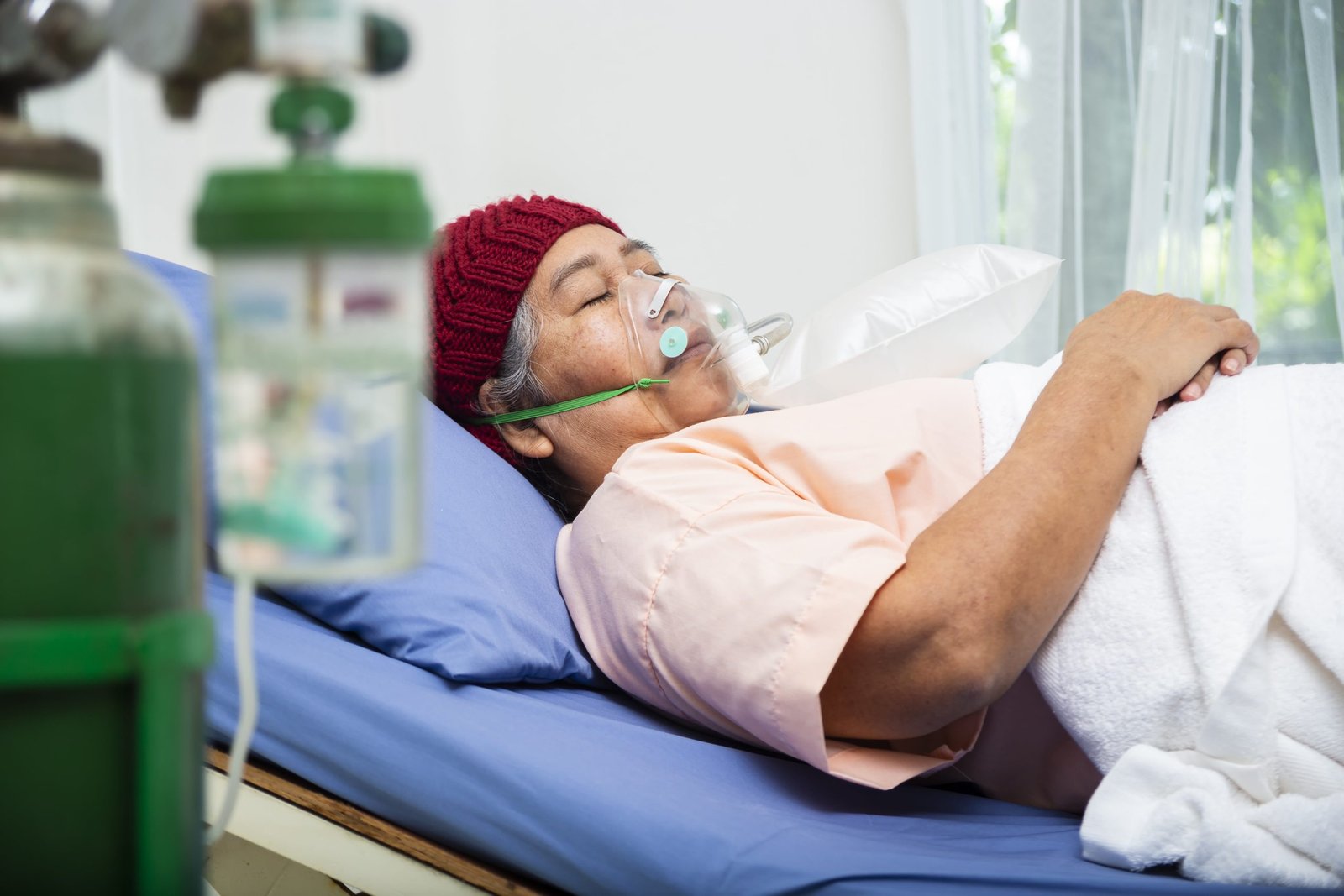Nurses play a crucial role in the Intensive Care Unit (ICU) by providing hands-on, compassionate, and skilled care to critically ill patients. ICU nursing involves managing complex situations that require a high level of knowledge, precision, and emotional support. By following the best ICU care practices, nurses can ensure that patients receive the highest standard of care. Let’s explore some of the top practices for ICU nurses.
Continuous Monitoring and Assessment
One of the most important ICU care practices for nurses is continuous monitoring and assessment of patients. Nurses are responsible for observing vital signs such as heart rate, respiratory rate, and oxygen levels to detect any changes that may indicate complications.
Transitioning from general nursing, ICU nurses must be vigilant and capable of recognizing subtle signs of distress. By consistently monitoring patients, nurses can provide timely interventions that improve patient outcomes.

Effective Communication with the Healthcare Team
In the ICU, communication is key to ensuring that all members of the healthcare team are aligned on a patient’s care plan. Nurses must collaborate with doctors, specialists, and other team members to provide comprehensive care.
Transitioning between shifts or during emergencies, clear communication helps maintain consistency in patient care. Nurses must keep the entire team informed about changes, progress, or any concerns related to the patient’s condition.
Prioritizing Infection Control
In the ICU, infection control is a critical practice to ensure patient safety. Nurses follow strict protocols to minimize the risk of infections by maintaining a sterile environment, using personal protective equipment (PPE), and adhering to hand hygiene practices.
Transitioning from routine care, ICU nurses are trained to manage complex infection control measures to protect vulnerable patients from hospital-acquired infections. By prioritizing these practices, nurses reduce the risk of complications and promote healing.
Managing Pain and Comfort
Providing comfort and managing pain is essential for ICU patients, who may experience discomfort due to their conditions or treatments. Nurses assess pain levels regularly and use various methods, such as medication and non-pharmacological techniques, to ensure patients are as comfortable as possible.
Transitioning from basic pain management, ICU nurses often need to balance pain relief with other critical aspects of care, ensuring that patients remain stable and responsive.
Monitoring and Managing Medications
ICU nurses are responsible for administering medications accurately and monitoring their effects. Given the complexity of treatments, nurses must have a thorough understanding of the medications being used, including potential side effects and interactions.
Transitioning from standard medication administration, ICU nurses must often make real-time adjustments to dosages based on a patient’s response. This requires a high level of attention to detail and clinical expertise.
Providing Emotional Support to Patients and Families
ICU nurses play a vital role in providing emotional support to both patients and their families. The ICU environment can be overwhelming and stressful, making it crucial for nurses to offer empathy, reassurance, and guidance.
Transitioning from technical tasks, emotional support helps patients feel more comfortable and less anxious during their stay. Nurses work closely with families to provide updates and offer comfort during difficult times.
Educating Patients and Families
Another essential ICU care practice for nurses is educating patients and families about their condition, treatments, and recovery process. Providing clear, understandable information helps reduce confusion and promotes active involvement in care.
Transitioning from passive caregiving, nurses empower families by helping them understand the importance of follow-up care, home monitoring, and rehabilitation strategies. This promotes a smoother transition from ICU to recovery.
Utilizing Advanced Technology and Equipment
In modern ICUs, nurses must be proficient in using advanced technology and equipment. From monitoring systems to ventilators and infusion pumps, nurses manage complex devices that are crucial for patient care.
Transitioning between different devices, nurses ensure that equipment is functioning properly and that patients receive optimal support. This practice improves safety and enhances the quality of care provided.
Conclusion
Best ICU care practices for nurses are essential to providing high-quality, comprehensive care to critically ill patients. From continuous monitoring and effective communication to managing medications and offering emotional support, ICU nurses play a pivotal role in patient outcomes. By adhering to these practices, nurses ensure that patients receive the best possible care in critical situations.











